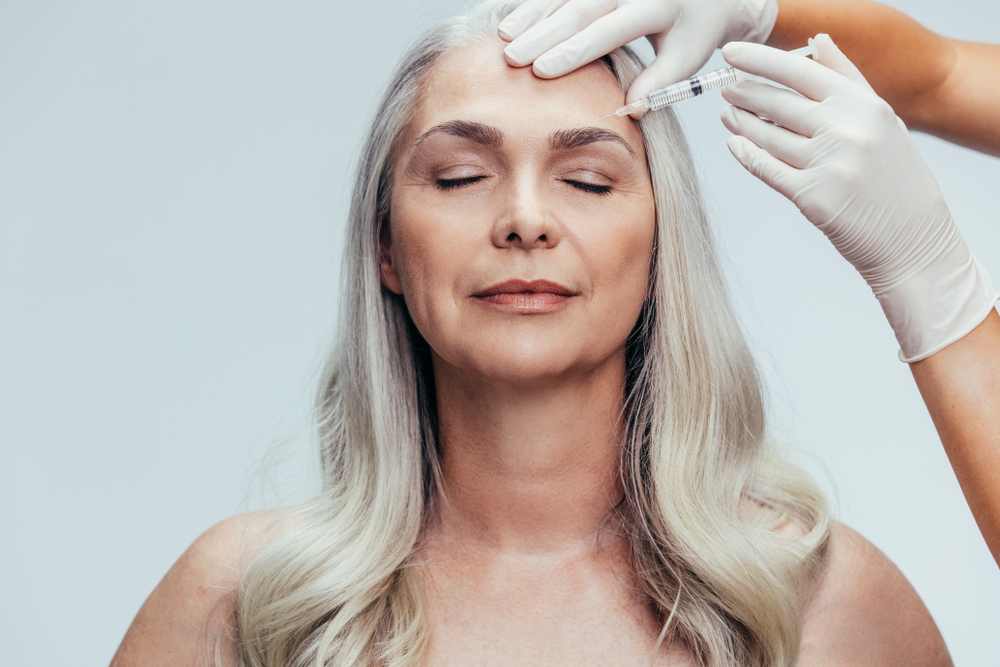A University of Leeds led study on cosmetic surgery tourism ‘Exploring the Cosmetic Surgery Tourism Industry’ has been released.
Offering many insights into the business, the study also warns that better regulation is vital to protect patients. Surgeons and clinics should be accredited and inspected and the regulation must be transnational not national as patients find legal redress difficult to access if surgery goes wrong. You can read the finer points of the study below:
The research charts the experiences of British, Chinese and Australian patients travelling abroad for cosmetic surgery. UK and Australian patients travelled for breast augmentation and uplift, tummy tucks, rhinoplasty and liposuction.
Chinese patients travelling to South Korea access more expensive but high quality cosmetic surgery unavailable back home. UK patients in Spain are most usually already living in Southern Spain or Gibraltar so are not actually medical tourists. Everywhere the sample includes medical tourists, expatriates, local cross-border travellers and migrants returning home for treatment.
For UK and Australian patients, cost is the biggest factor influencing decisions to travel abroad. Surgical quality, technique and technology (not cost) are the primary drivers for Chinese patients travelling to South Korea.
UK and Chinese patients stay in their destinations for the shortest time possible to minimise costs (5-7 days average). Australian patients are more likely to combine surgery with a holiday and to stay longer in their destination country (10-15 days average).
All patients put the quality of the surgeon as their primary reason for choosing a specific destination. The reputation of surgeons was judged mostly by personal recommendation, although Australian patients are more likely to consider surgical qualifications. The clinic and destination country is of secondary importance.
Better regulation is vital to protect patients. Surgeons and clinics should be accredited and inspected. The quality assurance of medical devices needs to be tightened. Patients should be very wary of clinics and surgeons that offer lifetime guarantees and other guarantees as many clinics close after a few years. Many clinics have no medical malpractice insurance cover, and refer claims to the surgeon who is often also uninsured.
The report suggests patients should check if surgeons have professional liability insurance- but this is not practical as a condition precedent of such policies is that surgeons must not reveal their existence so if they reveal that detail it automatically invalidates the cover.












